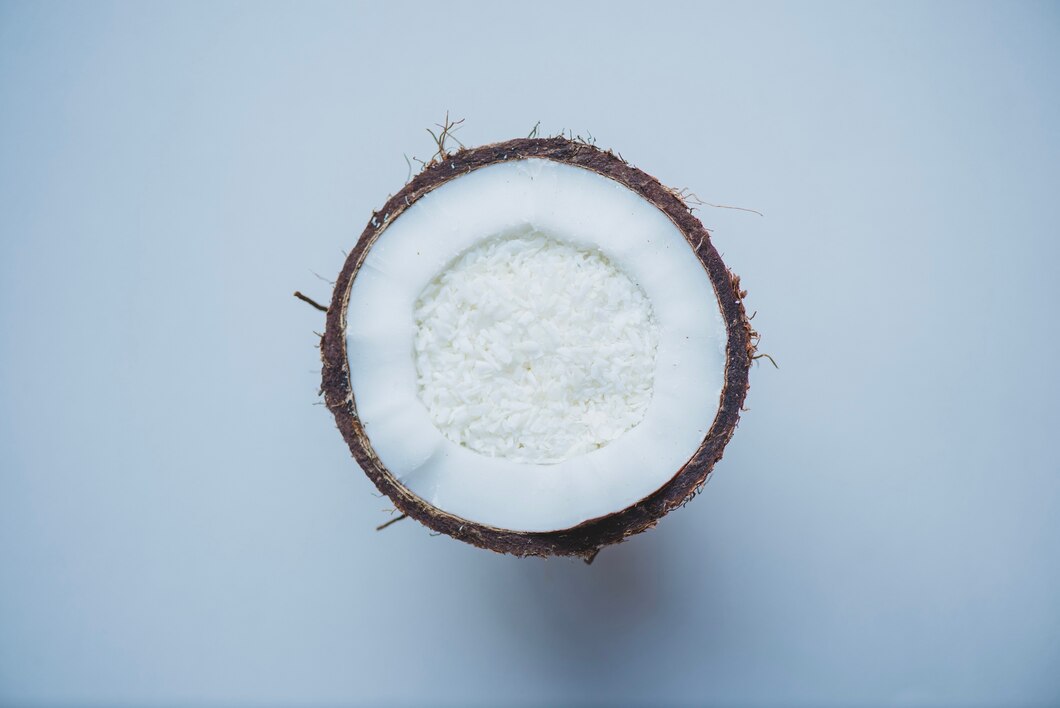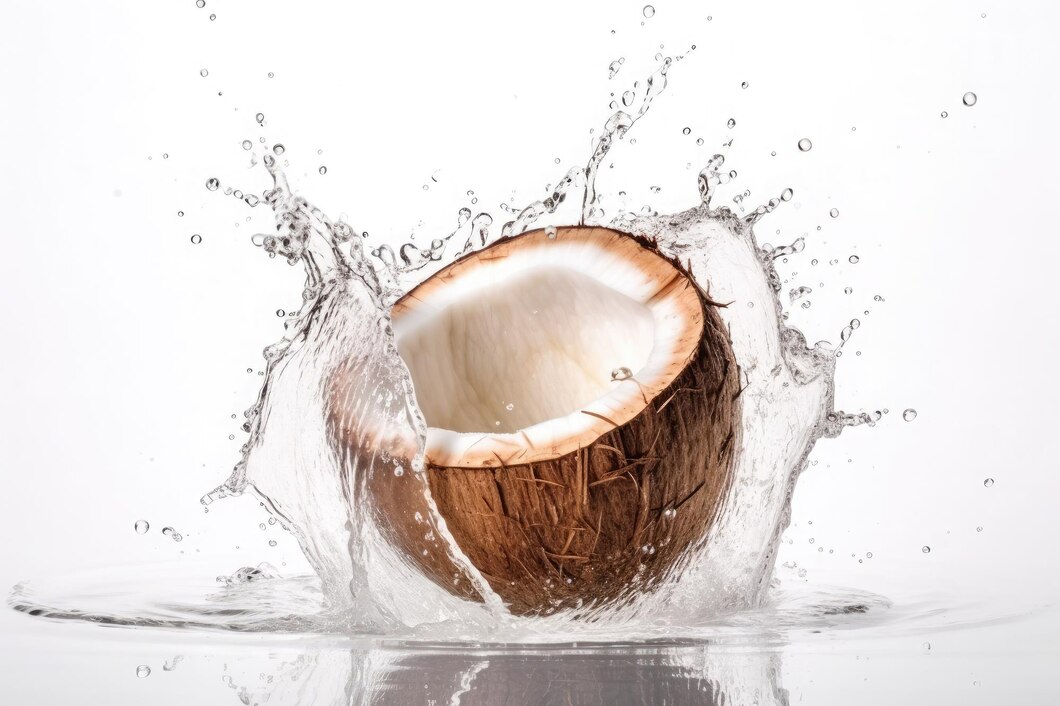Coconuts can be found in everything these days, from classics like coconut cream and coconut milk to trendy newcomers like coconut vinegar and even coconut chips. Today, coconut is widely touted as a miracle weight-loss meal.
While full-fat coconut milk and coconut oil may help you feel satiated for longer periods and consume fewer calories overall, they are high in fat and calories. Consuming high-calorie coconut products may cause weight gain if you struggle with overeating, mindful eating, or responding to your hunger and fullness cues.
Coconut-based foods, on the other hand, are high in nutrients. Read on to discover the distinctions between coconut cream and coconut milk, as well as when to use each.
Differentiating Coconut Milk and Coconut Cream
What’s similar between coconut milk and coconut cream is that they both contain coconut, water, and a stabilizer such as a guar gum. Guar gum is added to some types of coconut milk to help with emulsification and smoothness. As early as now, you must know that coconut milk has a higher fat content than cream.
Coconut cream, on the other hand, has a much thicker consistency than coconut milk. It is used to make vegan whipped cream, cake frosting, and ice pops. Although, as a result of its consistency, it is higher in fat and lower in water content. When it comes to coconut products, coconut cream and coconut milk are commonly packaged in cans or boxes.
In canned coconut milk, the cream layer separates from the liquid. Useful in a pinch, it is recommended to use pure canned coconut cream for recipes that call for it, such as curries and vegan ice cream recipes. The boxed variety is commonly used as a milk substitute in coffee shops, and it’s wonderful in smoothies and soups.
When buying canned coconut milk, you can select between regular and light variants to gain control over its calorie and fat content. Boxed coconut milk is available in refrigerated and unrefrigerated varieties, as well as sweetened and unsweetened varieties. Vitamins A, B12, D2, calcium, magnesium, selenium, and zinc can also be found in unsweetened coconut milk.
What to Look For in Coconut Products
Look for coconut milk with low to no added sugar. You may obtain naturally sweetened vanilla-flavored coconut milk if you want a sweeter plant-based milk alternative. Additionally, coconut cream, also known as creamed coconut, is frequently sugar-free. Nevertheless, look for the phrase “unsweetened” on the label to be sure.
Consider whether you need canned or carton coconut milk. Using canned coconut milk usually means you will get a thicker product and higher in fat and best as a recipe ingredient. It is best to acquire one in a carton if it is straight-up consumed.
Comparing Nutritional Values
Coconut cream has a different nutritional profile than coconut milk due to its viscosity. Take a look at their nutritional profiles below, which include daily values (DVs):
Coconut Milk (¼ cup measurement)
Calorie count: 120
1g of protein (2% DV)
Carbohydrate content: 2 g (1% DV)
12g of lipid (15% DV)
8g of saturated fat (40% DV)
0g of fiber (0% DV)
0.00mg of Calcium (0% DV)
1 mg of iron (6% DV)
10mg sodium (0% DV)
Coconut Cream (¼ cup measurement)
Calorie count: 78 caloric units
1g of protein (2% DV)
Carbohydrate content: 7 g (3% DV)
5g of lipid (6% DV)
5g of saturated fat (25% DV)
0g fiber (0% DV)
459mg calcium (35% DV)
1 mg of iron (6% DV)
46mg sodium (2% DV)
The Health Benefits of Coconut Milk and Coconut Cream
Both coconut cream and coconut milk are high in minerals, including protein and iron. Iron, magnesium, and phosphorus are abundant in coconut cream. Coconut cream is normally taken in trace amounts due to its high-fat content. As a result, it will not be a substantial source of these nutrients in most people’s diets.
Both coconut cream and coconut milk are high in saturated fat: A quarter-cup of coconut cream contains eight grams of fat, while a cup of coconut milk contains five grams of fat. The fat in coconut cream and coconut milk, when ingested in moderation, can help people feel fuller for longer periods.
Conclusion
Coconut milk has more fat than other kinds of milk, which isn’t always a bad thing, especially because its fat content is more satiating and keeps you fed for longer. Furthermore, coconut milk may be an antioxidant and may help to reduce inflammation. Because they both offer health benefits, choosing between coconut milk and coconut cream simply boils down to what you will be using the coconut products for.
If you want to shop for the best coconut products, Ceylon Exports & Trading is your go-to source for premium “tree-to-table” Coco House products. You’re assured of quality and ethically sourced Sri Lanka coconut that caters to all your needs with us. Shop our collection today!







